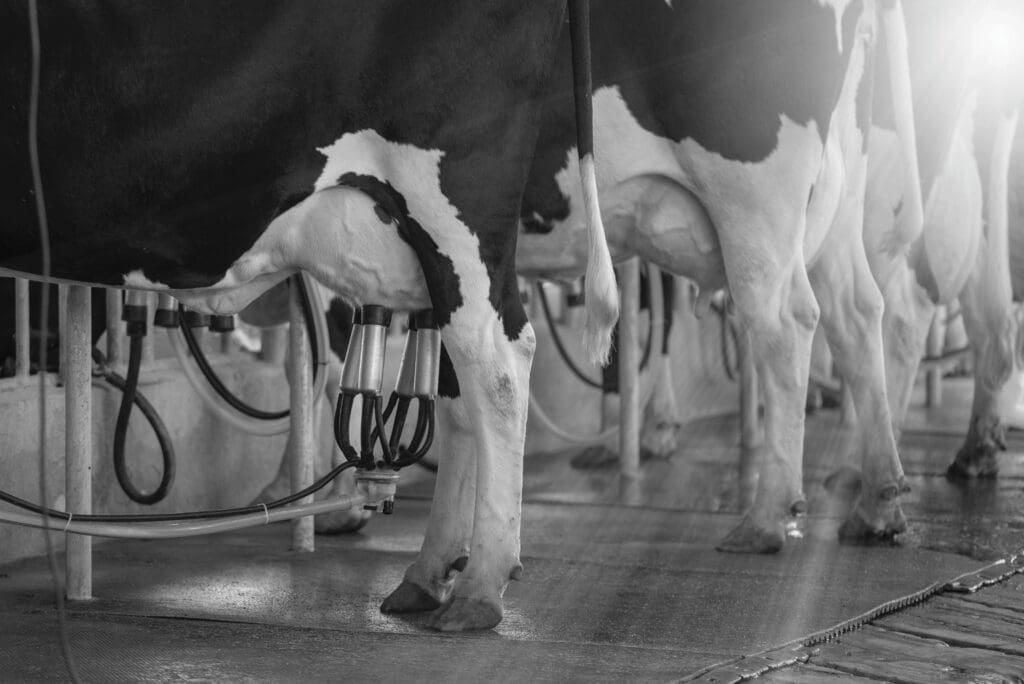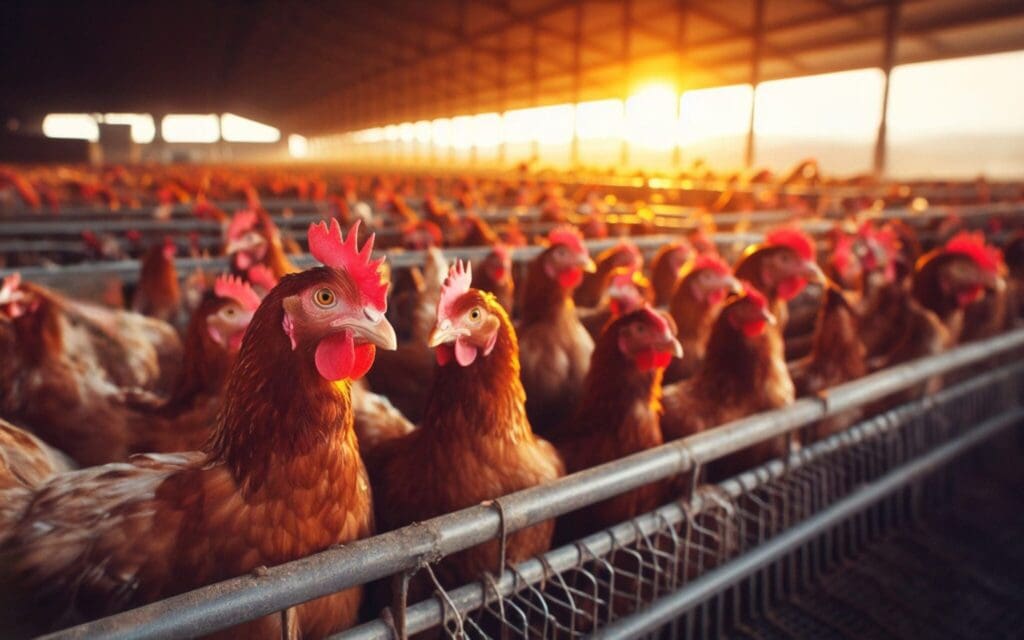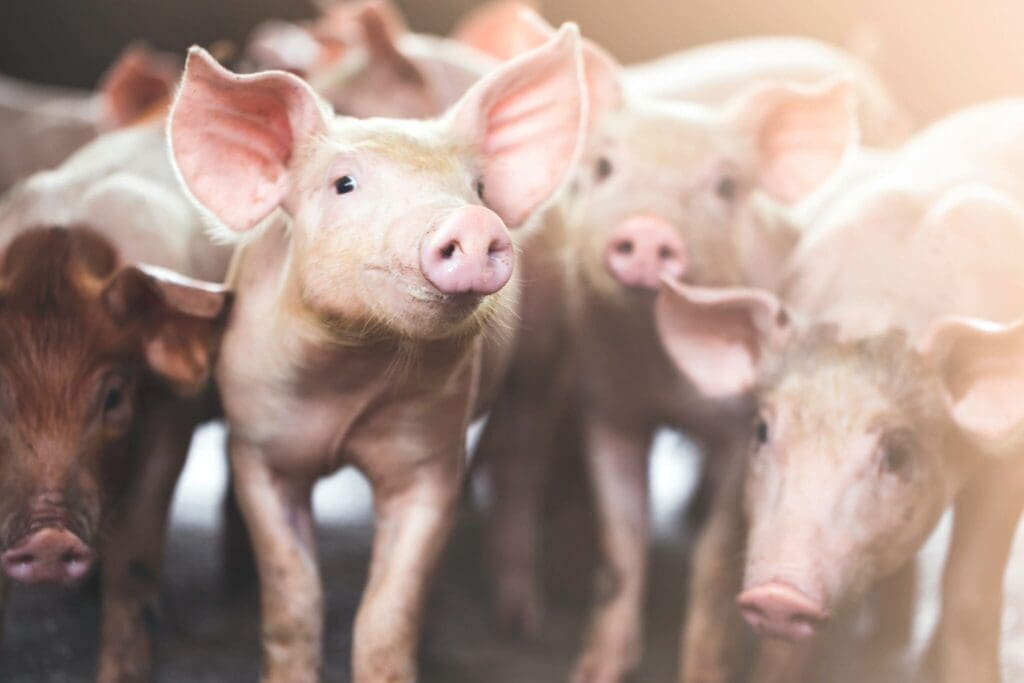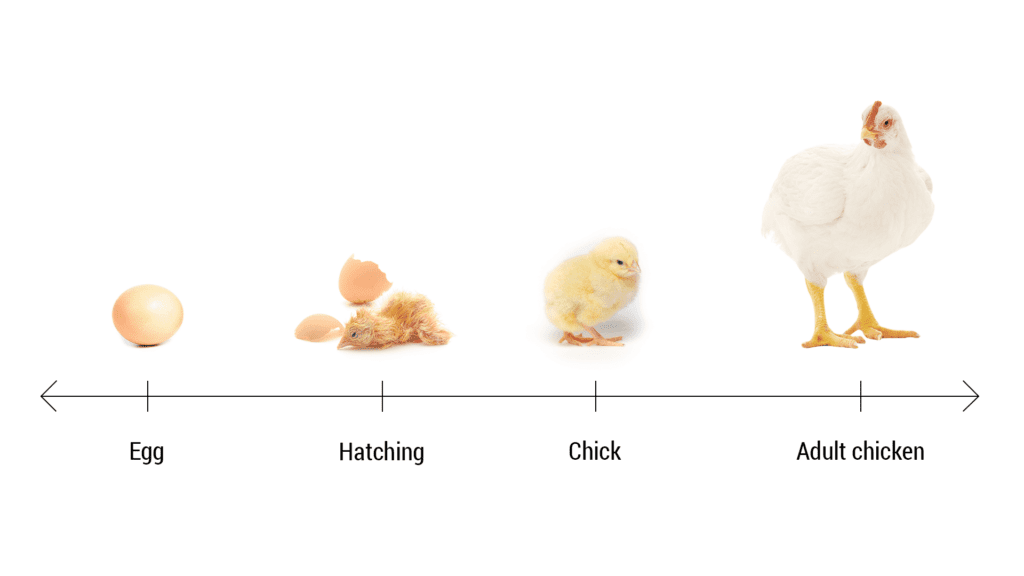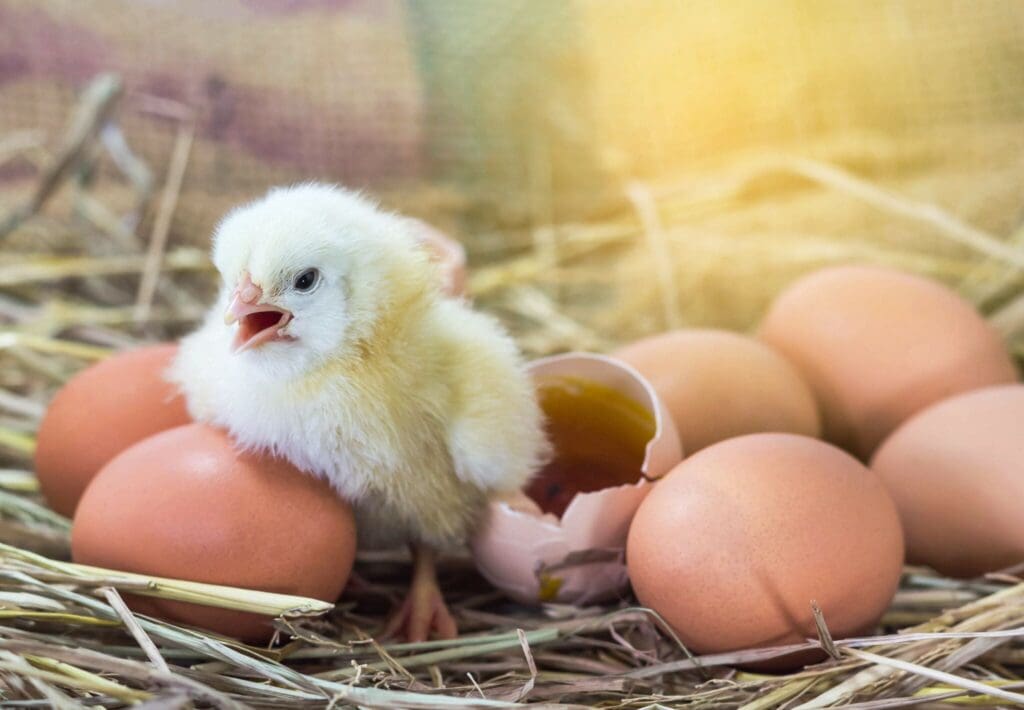To produce a healthy lamb crop each season, you need a ram that can get the ewes pregnant. For a ram to be able to breed, he should be healthy, in a good condition, have a good libido, and have sufficient and healthy sperm production. We often focus so much on preparation of ewes before mating that we forget to prepare the rams. Trace mineral supplementation is just as important as macro nutrient supply because minerals play a particularly important role in all biological systems.
The zinc effect
Focusing on sperm production as an important part of reproduction, the trace mineral that shows the most impressive results is zinc. Research shows that zinc plays a vital role in numerous bodily functions, including immunity, reproduction, growth, and hoof health. Zinc is the only mineral that is part of all six classes of enzymes found in the body (oxidoreductases, transferases, hydrolases, lyases, isomerases, and ligases). In the zinc-containing enzymes, it has three main functions namely: catalytic, co-active, and structural. One of these enzymes (matrix metalloproteinase) is found in the acrosomal and tail regions of normal spermatozoa. This enzyme also contributes to the act of penetration of the spermatozoa into the oocyte. Another enzyme that uses zinc, sorbitol dehydrogenase, converts sorbitol to fructose and allows spermatozoa to have good motility.

Knowing that zinc is important, the question becomes how much should be fed to breeding rams? The National Research Council (NRC) recommends that rams should receive zinc at a rate of 19 ppm/day (68 mg/day), although this is much lower compared to other research studies that recommend breeding rams should receive at least 30 ppm/day (108 mg/day)!
Research by Zinpro recommends that breeding sheep are fed between 14 ppm and 20 ppm per day of inorganic zinc and between 16 ppm and 20 ppm per day of organic zinc, which equates to a total of between 30 ppm and 40 ppm per day. This research is further supported by studies in boars and bulls that reported the following results on male reproduction parameters:
- increased semen volume;
- Increased semen density;
- increased semen motility;
- increased number of sperm per ejaculate;
- increased live sperm percentage; and
- improved hoof health.
Research in sheep done in Mexico showed that supplementing organic zinc in the form of zinc methionine (Zinpro Performance MineralsTM) at a rate of 70 ppm/day on top of the basal diet (containing 19,6 ppm zinc) showed a significant increase in seminal volume (from 0,69 ml to 0,97 ml) and a tendency to increase the number of spermatozoa per ejaculate (from 1 301 x 106 to 1 955 x 106). They also reported a 6% increase in the percentage of spermatozoa with normal morphology and a tendency towards increased plasmatic concentration of testosterone (from 249,6 ng/dl to 403,8 ng/dl). These findings could be seen in the boars and cattle as well.
Conclusion
With significant results found across all mammalian species showing improved reproduction parameters, the verdict is out – can you afford not to feed Zinpro Performance MineralsTM like Availa®Zn 120 to your rams?
Anri Strauss is a scientific adviser in the ruminant team at Chemuniqué, holding a master’s degree in nutrition from the University of Pretoria. She grew up on a farm and still lives in the Free State, where she and her husband also farm with Boer goats.
